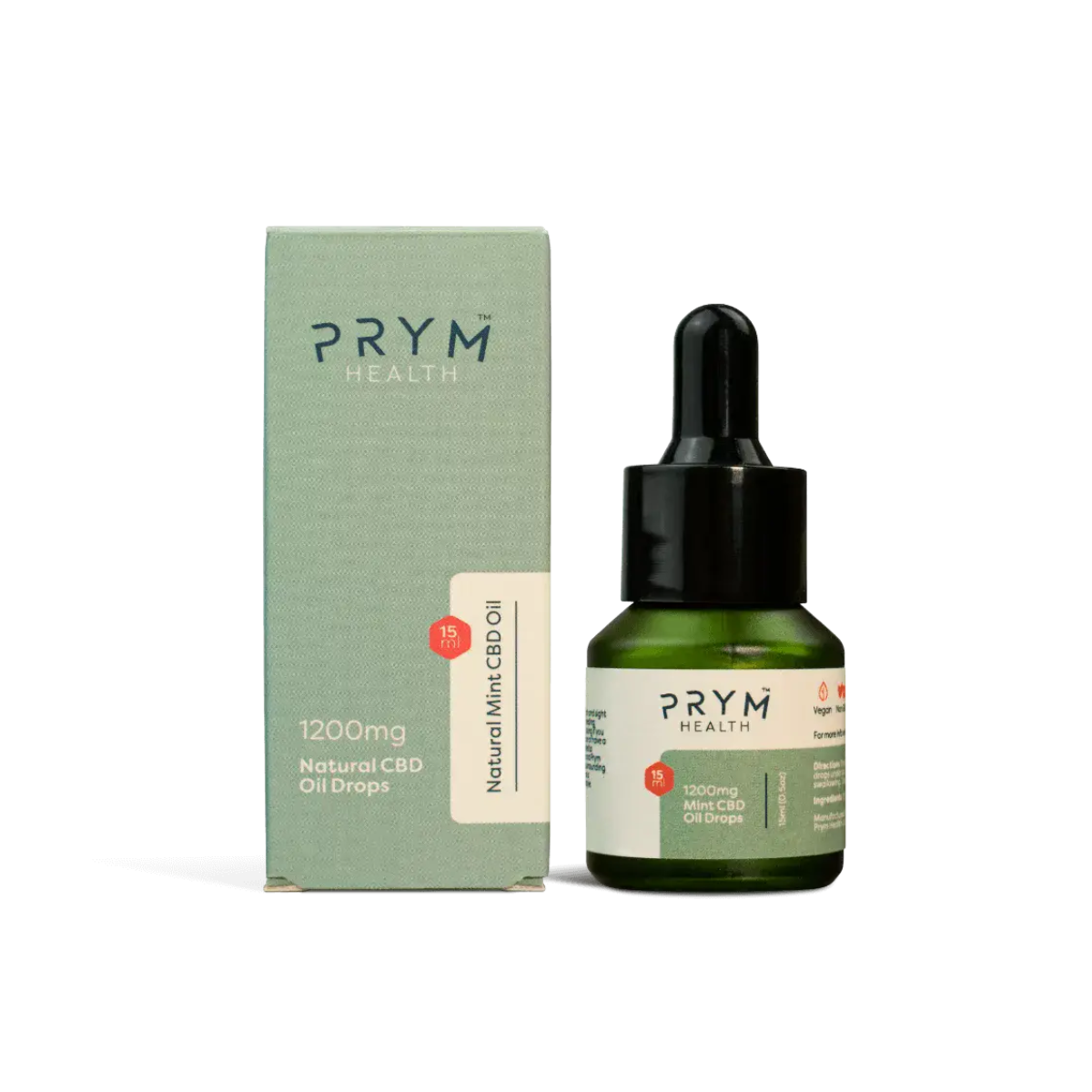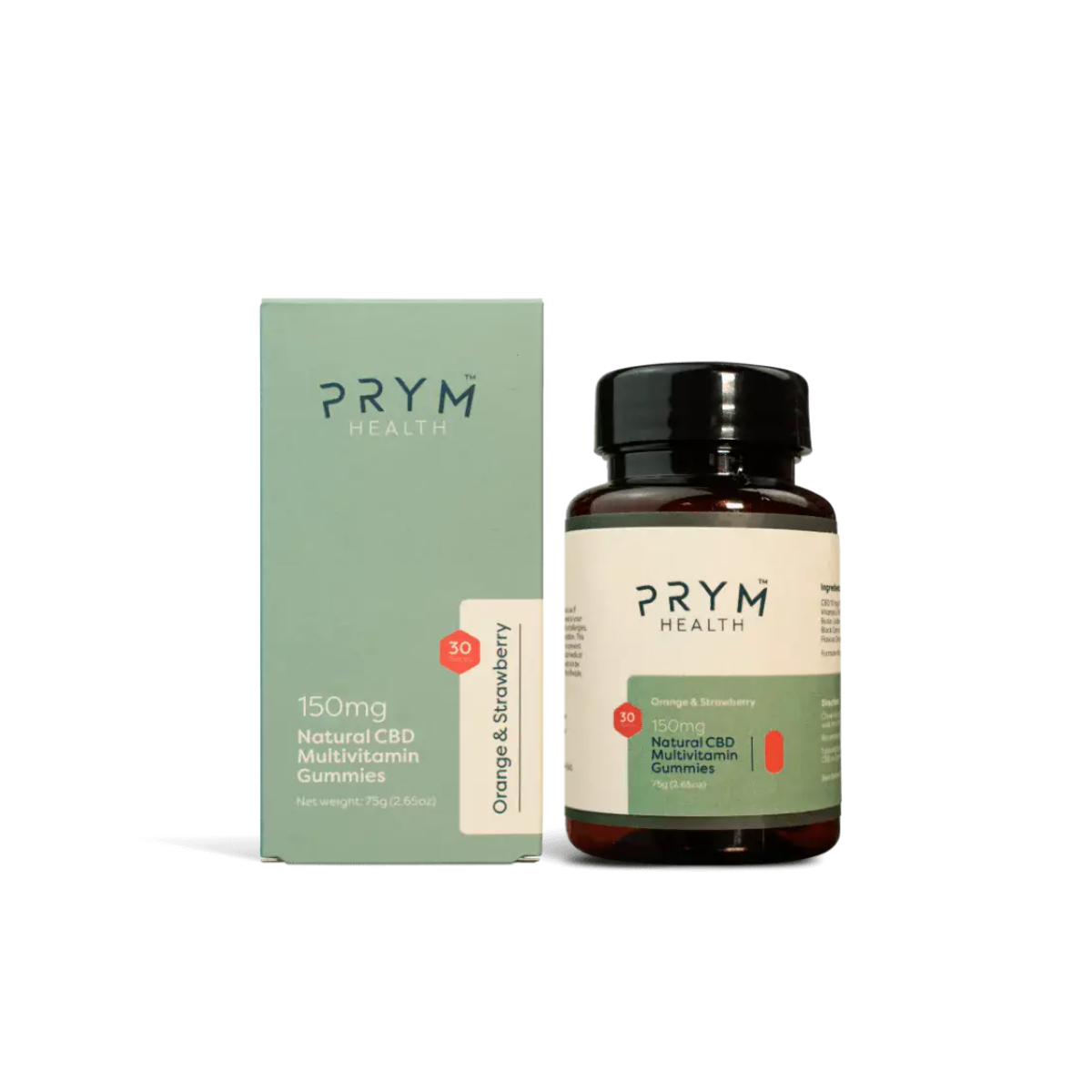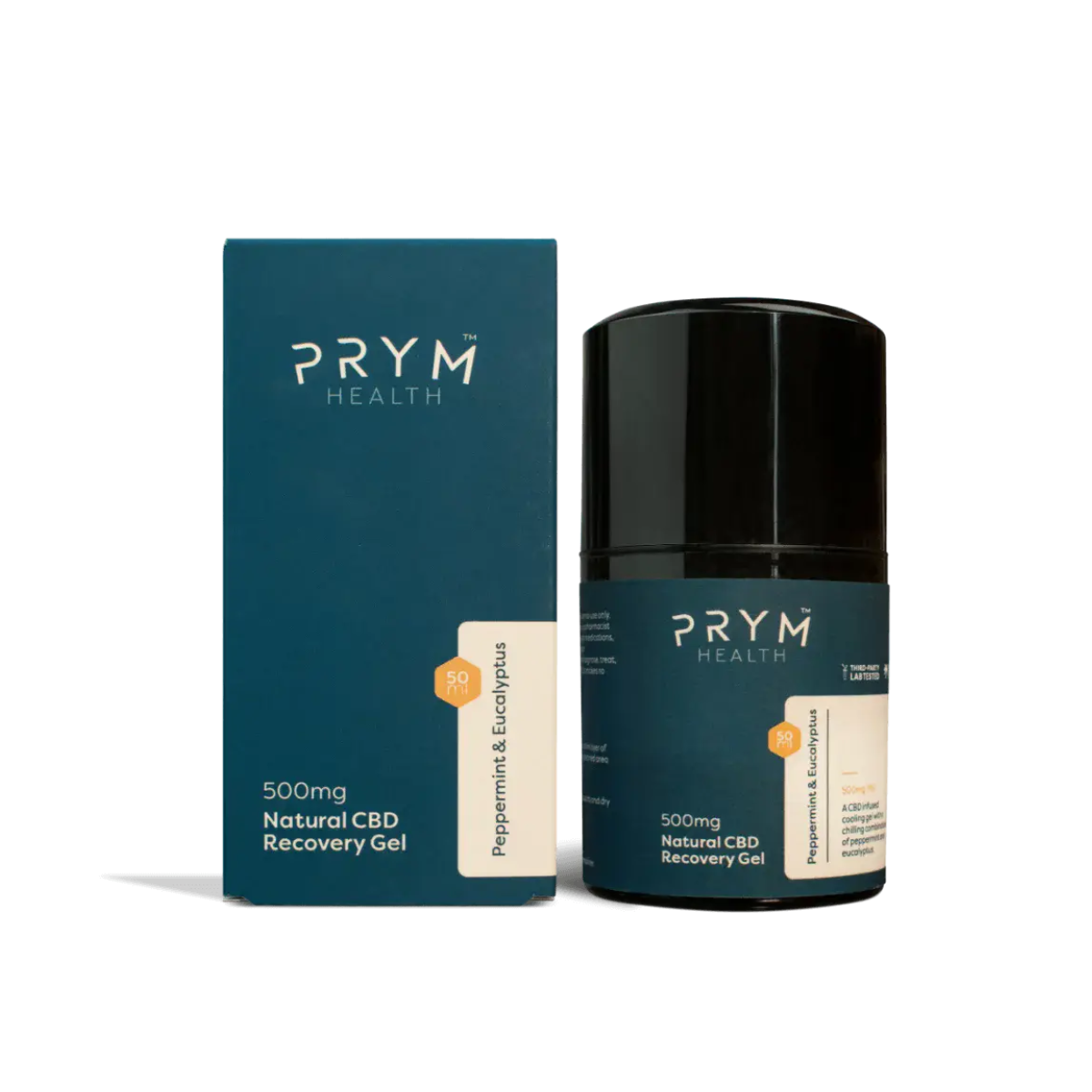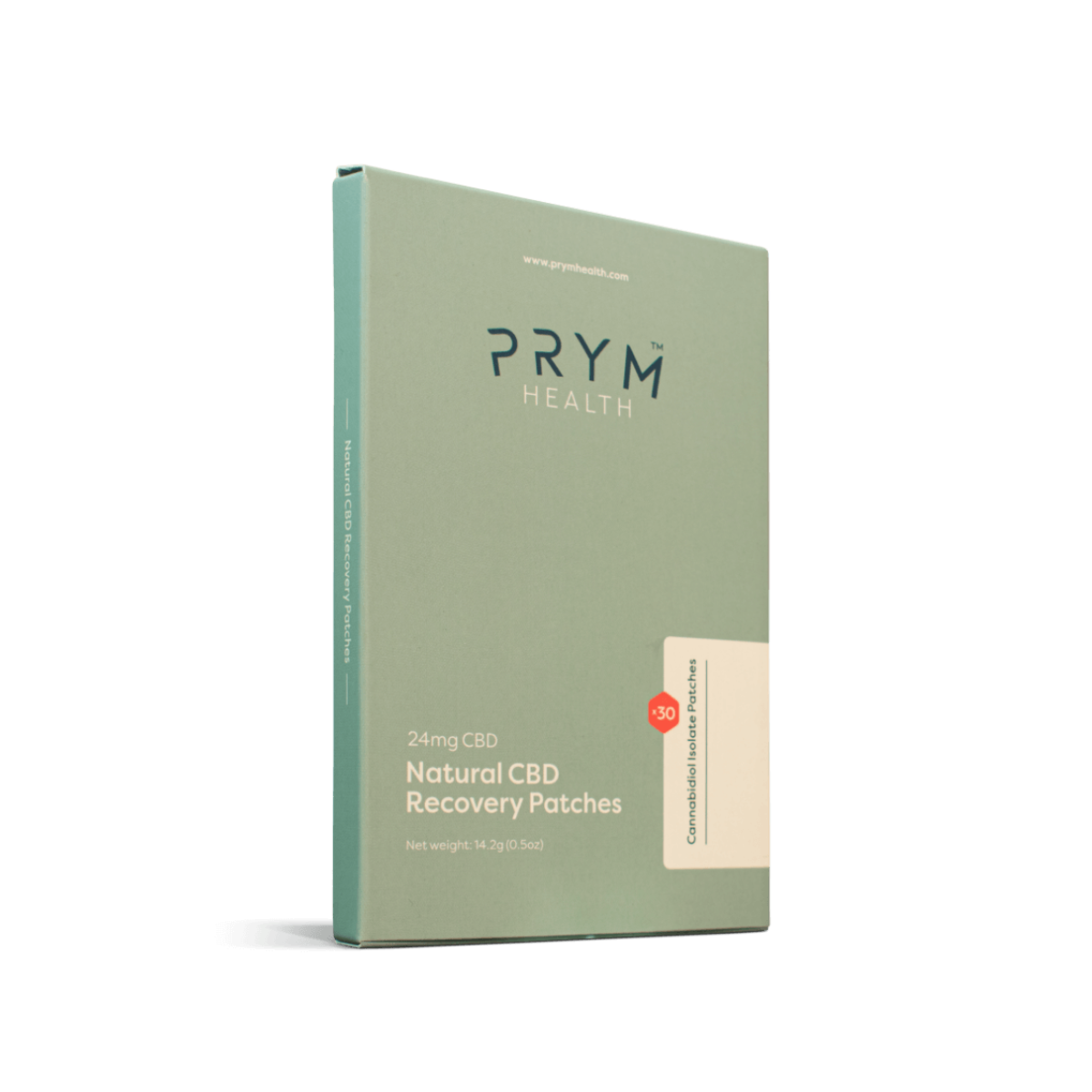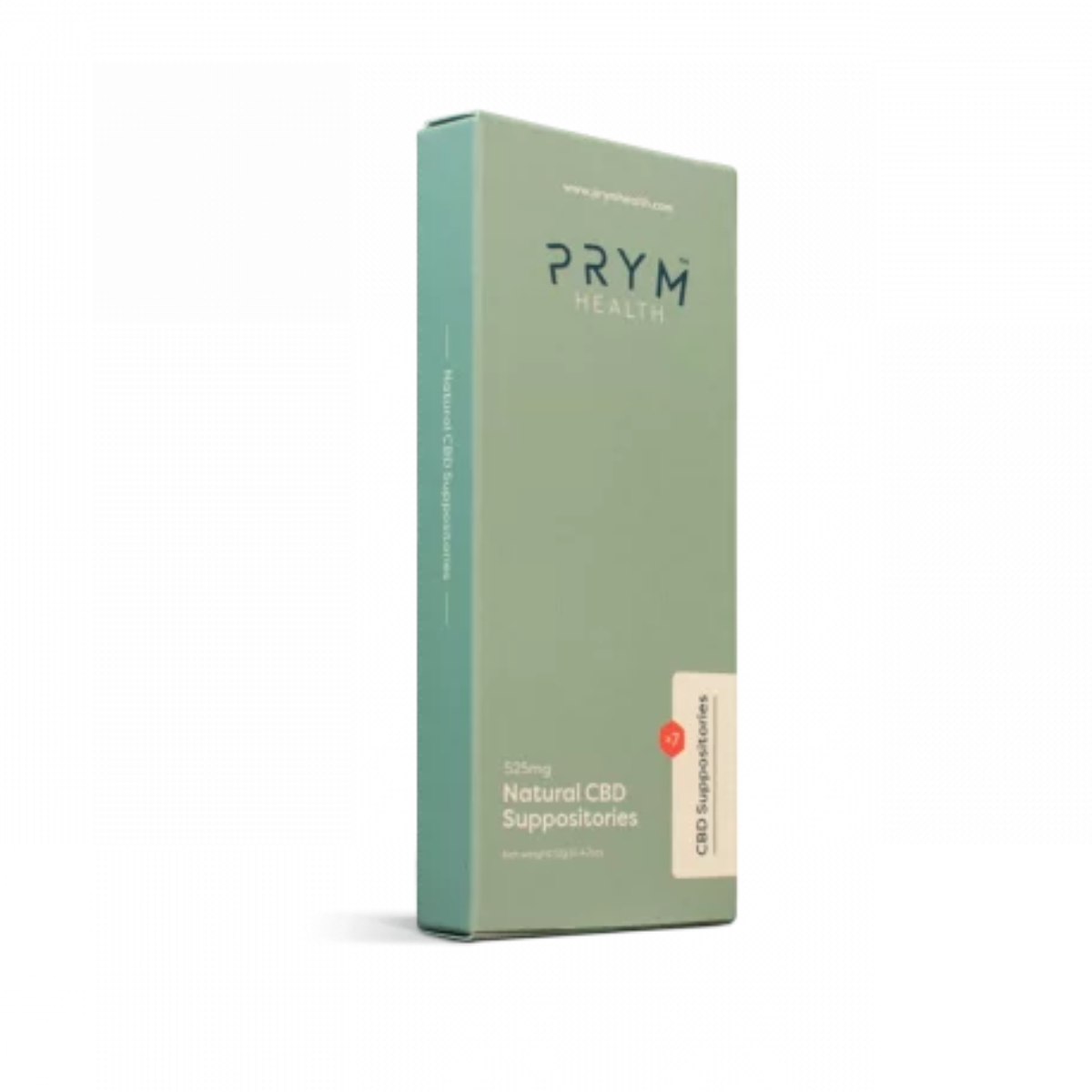CBD Beginner’s Guide
A Complete Guide To CBD
What is CBD?
Cannabidiol, or CBD as it’s more commonly known, is one of many compounds derived from the hemp plant (also known as the cannabis plant), which is part of the cannabis family and known for its multitude of health benefits. However, unlike traditional cannabis, it does not contain THC, which provides you with the “high” from cannabis, which is why it is growing in popularity.
Can you legally take CBD in the UK?
It’s legal to use CBD in the UK as long it is sold in line with the guidelines and regulations set out by UK Law. So make sure you buy your CBD products from a reputable brand!What are the benefits of CBD?
There are many benefits to taking CBD products. While studies are still ongoing, a recent study from Harvard found that taking CBD can benefit you in the following ways:
- Reduce anxiety
- Improve your quality of sleep
- Help you to manage chronic pain
- Lower addictive substance cravings
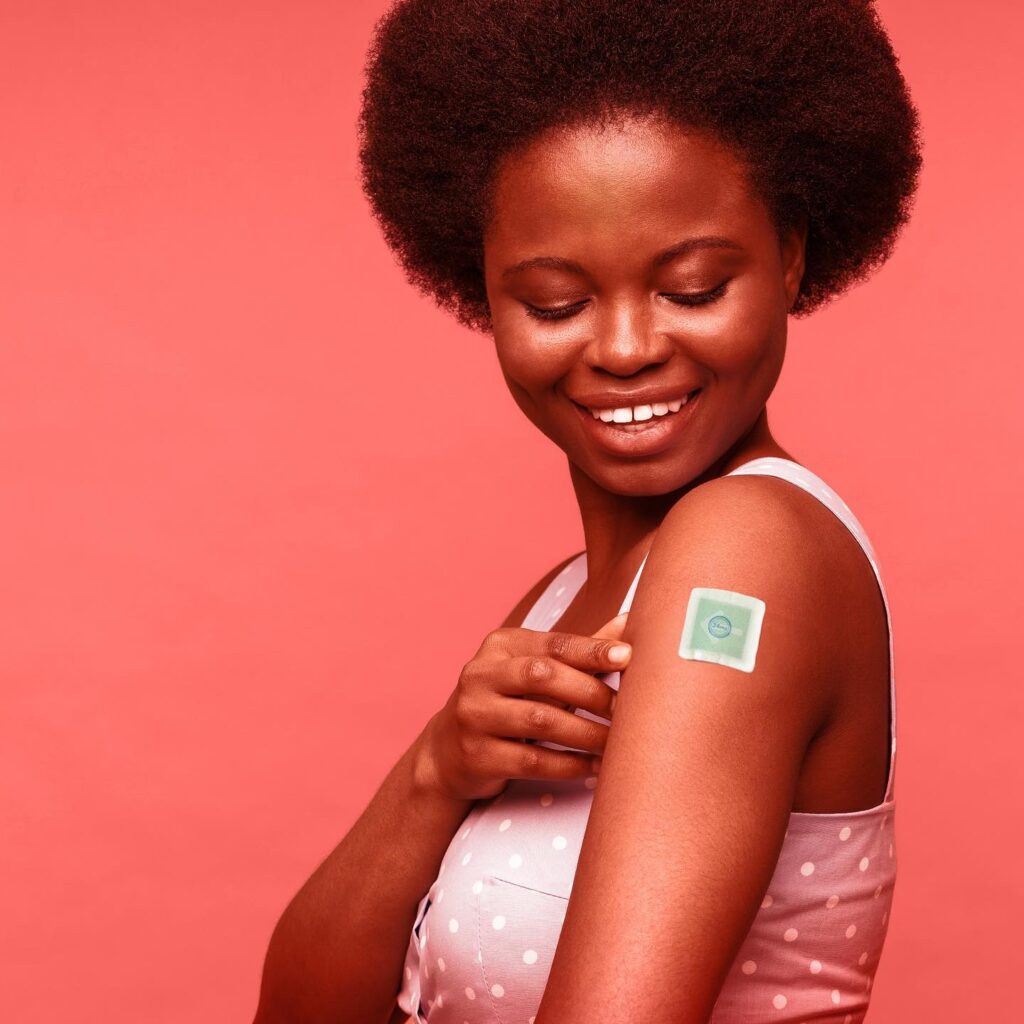
How Does CBD Work?
The endocannabinoid system (ECS) is a complex cell-signalling network which plays a vital role in regulating a range of functions and processes in the body, such as sleep, mood, appetite, memory and reproduction.
Although research is required into the endocannabinoid system, experts believe that the primary role is to maintain the stability of your body’s internal environment.
The endocannabinoid system is made up of three parts:
1) Endocannabinoids
2) The receptors that endocannabinoids and cannabinoids bond with
3) Enzymes that break down endocannabinoids and cannabinoids
What are the Cannabinoid Receptors?
The endocannabinoid system consists of a vast network of chemical signals and cellular receptors throughout our bodies. Cannabinoid receptors are embedded in cell membranes and are believed to be greater than any other receptor system.
There are currently two known kinds of cannabinoid receptors. CB1 receptors are mainly found in the brain, but are also present in the lungs, liver and kidneys. The abundance of CB1 receptors in several brain regions could potentially explain why cannabinoids influence functions such as memory processing, motor control and pain regulation.
The second is known as CB2 receptors, which are mainly in our immune tissues. These are vital in helping control how our immune system functions.
The Endocannabinoid System and CBD
Recent medical research is being guided by a theory of the supposed link between chronic conditions and a lack of endocannabinoids. While there is still a lack of full understanding, experts believe that CBD either attached itself to our body’s endocannabinoid receptors or prevents them from breaking down, allowing them to be more effective. Again, more research is currently being conducted, however experts are confident that CBD does not bind to the CB1 or CB2 receptors the way THC, the psychoactive competent found in cannabis does, which is why products like CBD oil do not give you a “high” but rather provides a gentle calming effect on the mind and body.
3 Types of CBD Oil Extracts
DISCOVER THE RIGHT ONE FOR YOU
Full Spectrum CBD
Refers to the whole hemp plant extract, including up to 0.3% THC.
Broad Spectrum CBD
Starts as full-spectrum CBD that undergoes an additional process to remove trace amounts of THC. It offers the effects of full-spectrum CBD without any chance of THC being ingested into the body.
CBD Isolate
This contains pure CBD only, and none of the other cannabinoids, terpenes or other natural compounds found in the hemp plant.
The Different Types of CBD Products
As the popularity of CBD is growing, there are many different types of CBD products, such as tinctures, capsules, topicals, vapes and edibles. All of these products can contain CBD, but the amount of CBD in them can vary. While there is no “best” way to take CBD, you will find the pros and cons of each method, and ultimately it is down to your preference based on your individual goals, convenience and lifestyle.
Below are some of the most popular forms of CBD you can find on the market today.
Advantages
Fast absorption and high bioavailability – the capillaries under the tongue lead directly to the bloodstream, bypassing the digestive system.
Versatility – can be consumed sublingually or added to food and beverages.
Flexible dosing – fill the dropper to the desired dose, and it can also be split into multiple doses throughout the day.
Easy to use.
Disadvantages
Some people don’t like the taste of hemp; however, we offer various flavoured oils to help mask the taste.
Some people feel that holding the oil under the tongue for 60-90 seconds is inconvenient compared to taking a CBD capsule.
Advantages
Arguably the most convenient way to consume CBD.
Tasteless and odourless.
Exact dosage every time.
Taking a CBD capsule doesn’t feel different or intimidating if you’re used to taking vitamins, supplements or medications.
Disadvantages
Effects may take 1-2 hours to work as the CBD needs to go through the digestive system first.
Ingesting CBD may be less effective as the CBD must pass through the liver, which reduces its concentration before sending it to the bloodstream.
How Much CBD Should I Take?
Finding the optimal dose is an individual process as each person is different, as well as the method of ingestion, so it may take a bit of trial and error to find the right dose of CBD for you.
Several factors influence each person’s optimal dose of CBD, including weight, diet, metabolism, sleep patterns, stress levels and genetics. In any case, it is always best to start with a small amount of CBD. You should start from 5mg to 20mg and see how you react.
You can slowly increase the dose over the next few days to find the most effective dose for you and your goals.

